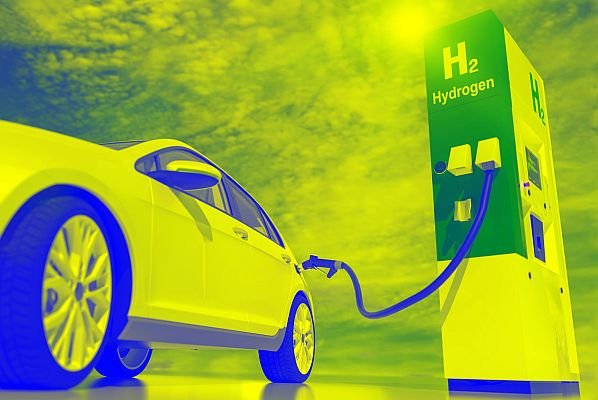It is of common knowledge today that humanity needs to move away from fossil fuels in order to check the warming of planet and if possible put breaks on climate change.
While there are a few alternatives to fossil fuels for industrial applications, it would seem that battery-powered vehicles represent the only viable option for the transportation sector. However, this is not true.

Modern EVs use lithium-ion batteries to power their electric motors. These vehicles may be extremely high tech and offer realistic usability in an urban setting, this technology is still a long way from matching the convenience of an Internal Combustion Engine.
EVs come with certain compromises, such as limited range, lack of infrastructure and long charging times, which can be deal-breakers in a considerable number of situations.
Further, lithium-ion batteries have a limited lifespan and can only hold energy for a certain amount of time before getting completely discharged.

Finally, while using EVs may bring down CO2 emissions, most countries are still using fossil fuels to generate the electricity required to charge them.
We at H2 ZEST believe that hydrogen can serve as a far more feasible alternative to fossil fuels than lithium-ion batteries and has none of the aforementioned limitations.
Hydrogen can be stored for years without losing any energy or being affected by external conditions and can be refilled just like petrol or diesel.

Further, it is much more green, as the only byproduct is water. The only problem with using hydrogen is that the technology required is currently too expensive to be adopted by the masses.
However, with the rapid rate at which the technology is evolving, this may soon not be an issue.

A ‘Clean-Future Exclusive’ contributed by Dilip Deore, Chairman and Director, H2 ZEST






